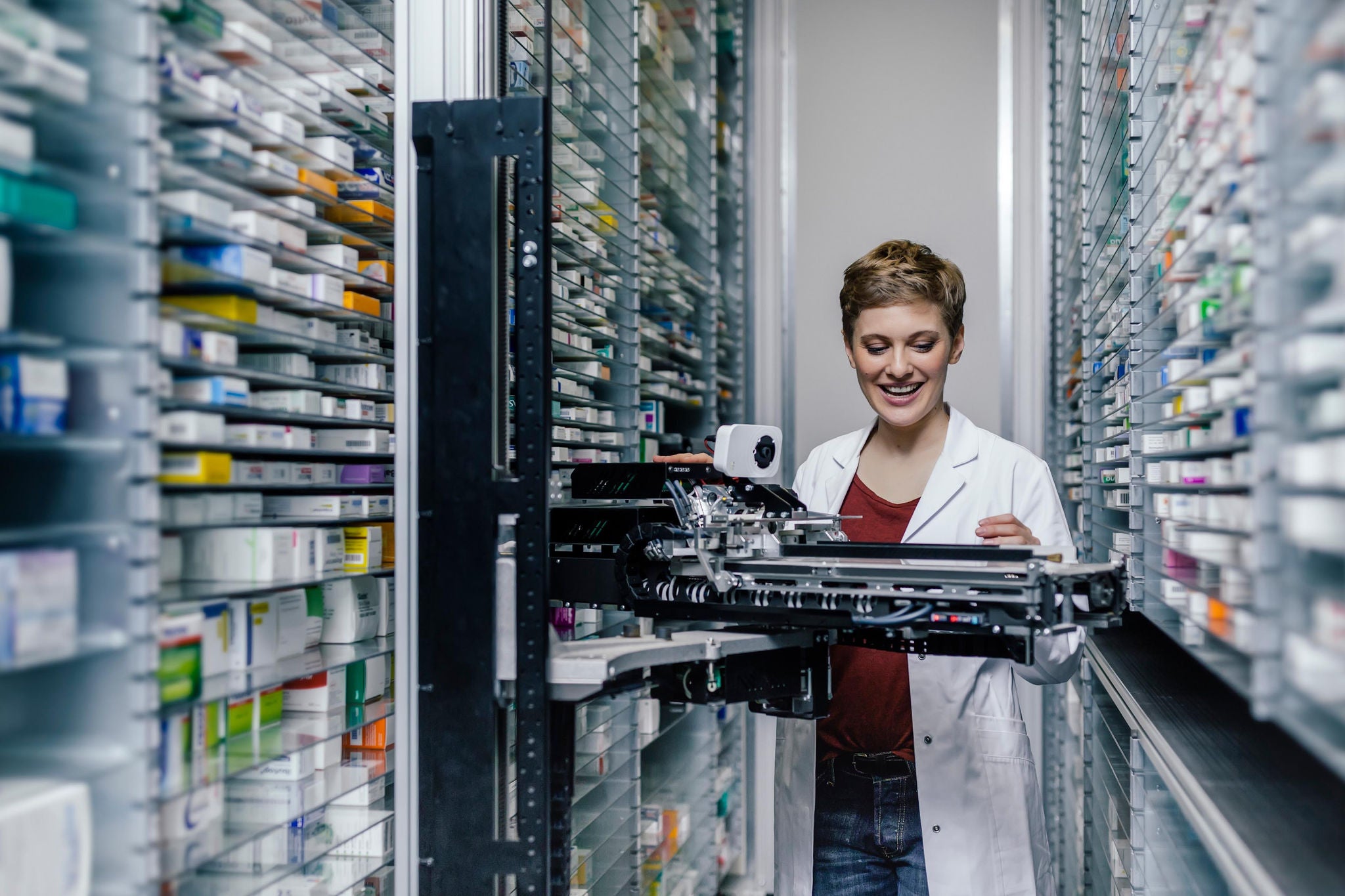EY refers to the global organization, and may refer to one or more, of the member firms of Ernst & Young Global Limited, each of which is a separate legal entity. Ernst & Young Global Limited, a UK company limited by guarantee, does not provide services to clients.
How EY can help
-
Discover how EY's digital transformation teams can help your business evolve quickly to seize opportunities and mitigate risks. Find out more.
Read more
Creating a roadmap forward
After the CFO workshop and the immersive lab, the TBS team co-created an automation roadmap for TBS. The ambition was to scale up automation within TBS but also to democratize it for a larger group of stakeholders across the entire Takeda organization.
The project was executed in a series of sprints over 90 days, and rather than creating an expert team around the technology, the team around Patel focused on embedding and uplifting digital skills among employees in different areas of Takeda. One of the initiatives was a gamified “digital champions” concept to disseminate awareness and skills in digital, making it challenging and fun to unlock the full automation potential. The first cohort of 21 digital champions joined the program in April 2020, quickly creating buzz across the entire organization and landing placement in Wired and Nikkei.
“We’ve always wanted to democratize technology and innovation to make sure everyone is educated and can benefit from the opportunities it provides,” says Vanessa Gleason, Vice President, TBS Strategy, Process Excellence, and Innovation at Takeda. TBS introduced additional learnings across technologies including Power BI, as well as Agile Methodology, video creation and presentation skills.
An Artificial Intelligence Discovery series also trained employees in AI as a concept and its capabilities, as well as how it applies to their work. The series gave employees the skills needed to identify fresh opportunities to leverage RPA and AI. This culminated in an “AI Ideathon,” which generated a pipeline of 190 ideas. Six were then shortlisted for an “AI Dragon’s Den”, in which employees presented their ideas for entry to the next round, and three were identified for prioritization by the business.







